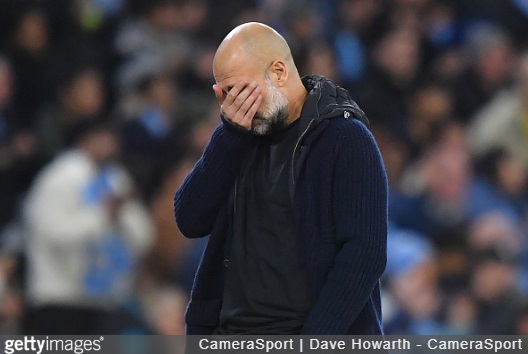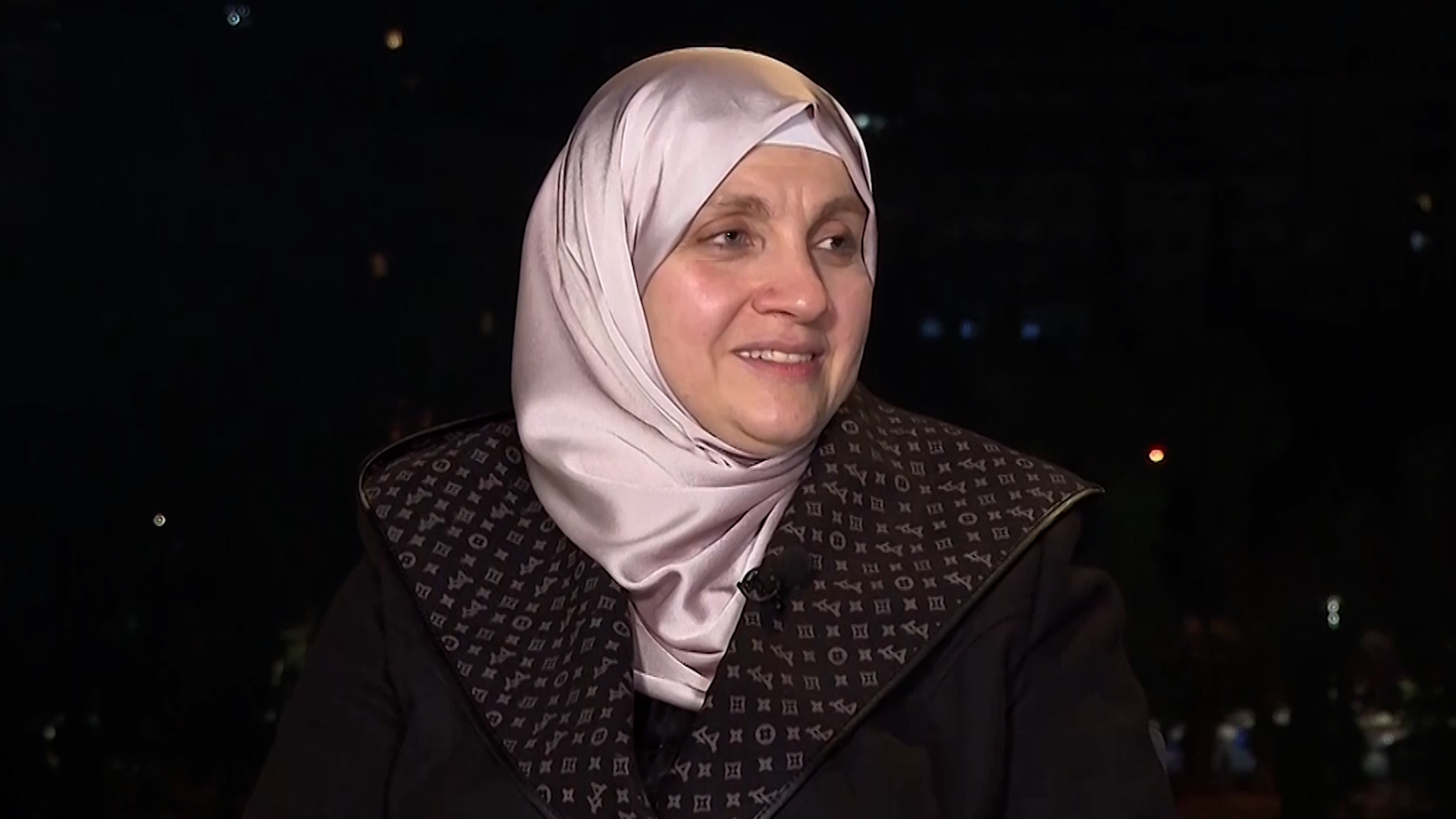Since beating Premier League bottom dwellers Southampton by a single goal at the end of October, Manchester City have played 11 matches across all competitions, beating Nottingham Forest, and drawing against Feyenoord and Crystal Palace. Losing the remaining eight represents quite a fall from grace for the reigning English champions and the winners of a historic treble in 2022/23.
Many have attributed this unbelievable drop in form to losing Rodri for the season, and there is certainly substance in that stance. In the extremely attacking systems employed by manager Pep Guardiola, the role the central defensive midfielder is absolutely vital – that is the player that usually wins the ball back for his team quickly, making their huge possession percentages possible and recycling their attacks with high frequency. To be able to do that, the player must have the ability to read the game like an open book and anticipate every possible direction the opposition may choose to move in, react timely and choose the right option for a pass once the ball is under his control. Before Rodri, City had Fernandinho, and back in his Barcelona days, Guardiola moulded Sergio Busquets into a perfect prototype.
And on top of everything else, Rodri has just won the Ballon d’Or in addition to his Euro 2024 medal, staking his claim as the best defensive midfielder in the world right now. Such a player is certainly hard to replace.
But City’s problems go much further than that. Without Rodri, they can’t recycle the ball as efficiently as they usually do, but for Guardiola, a much bigger problem during this abysmal run of results seems to be a lack of creativity – something the Catalan tactician rarely had to deal with in his coaching career.
Guardiola is known as a coach under whose tutorship creative players thrive, often adding speed of thought to their innate passing decisions and accuracy, and he always has a number of those in his ranks. In the last couple of seasons, none could withstand the combined ingenuity of Kevin De Bruyne, Bernardo Silva and Ilkay Gundogan, and when the goalscoring prowess of Erling Haaland was added into the mix, the writing was on the wall for opposition defences.
Those three players are still there (Gundogan after a brief spell with Barcelona), but all of them appear to be past their best. Their passing these days is worryingly inaccurate, more often than not they fail to choose the right option on the ball, and consequently, Haaland’s quality remains unused as the Norwegian striker plays on the margins of games.
Several months ago, speaking to former Manchester United defender Rio Ferdinand, now a Sky Sports pundit, Guardiola himself stressed the importance of freshening up the squad every season. And since arriving at the Etihad, he truly lived by that rule. He replaced the spine of the team he inherited gradually, saying goodbye to the likes of Vincent Kompany, Yaya Toure, Fernandinho, David Silva, Raheem Sterling and Sergio Aguero, but not without securing suitable replacements for each of them.
But leaving the matter of not having a backup option for Rodri aside, the fact that Guardiola has allowed himself to rely on De Bruyne, Bernardo Silva and Gundogan for so long is quite surprising.
When Gundogan left for Barcelona, City signed Mateo Kovacic. The Croatian is a very good player in his own right, but he doesn’t have Gundogan’s creativity or the ability to stand in for Rodri properly. Further more, Kovacic has had injury problems this season himself. Phil Foden seems to have lost his spark too, and it’s hard to remember if City ever looked so bereft of attacking ideas as they do at the moment.
Sitting nine points behind Premier League leaders Liverpool who have a game in hand too, and with the in-form Chelsea, Arsenal and Nottingham Forest (yes, that’s right, Nottingham Forest) in between, the title seems to have slipped from their hands already. Also, the once unimaginable prospect of Manchester City not making it into the knockout stage of the Champions League now appears very real.
The obvious question at this point is, where do City go from here? The logical answer, in normal circumstances, would be that they need to rebuild their squad thoroughly, replacing the players who don’t contribute regularly with those who would. Rich as they are, City probably don’t lack the funds for such a project.
But there we find another sore spot – the Premier League’s ongoing proceedings against the champions. Even if the outcome goes in their favour, City would be wise not to attract too much attention to themselves with expensive transfers for a while. It’s a classic case of being caught between the hammer and the anvil, even without looking into the possibility of being relegated from the English top flight.
Guardiola’s contract was set to expire at the end of the season, but he recently signed a new one, devised to keep him at the Etihad until 2026. But the 53-year-old appears frustrated with his own inability to find a solution for the current crisis. Will he find strength to turn things around soon?
At the moment, it looks like he doesn’t have much faith in himself, and if he’s truly at the end of his strength, perhaps it would’ve been wiser for him, as well as the club, if they agreed to part ways at the end of the season. That, on the other hand, would require the club identifying and successfully landing a suitable successor, which certainly wouldn’t be easy.
There are no easy answers.



